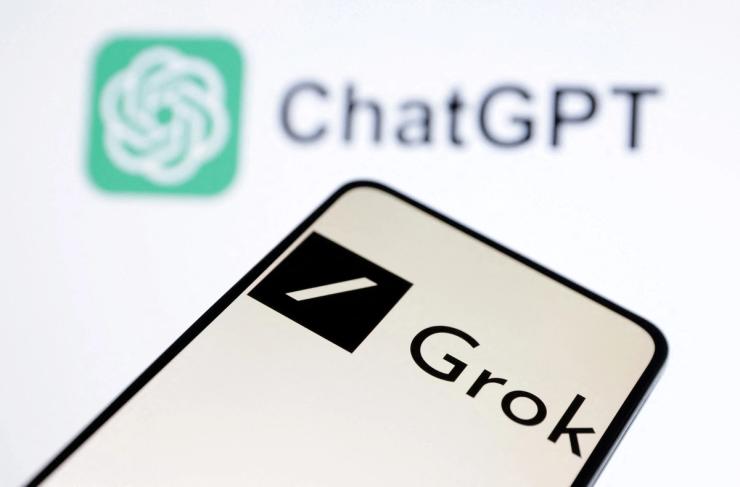Every day, a growing number of people ask AI chatbots questions that shape how the users think about the world. What answers the chatbot delivers, more often than not, guide what we believe. But AI tools are not neutral narrators — just ask Grok about South Africa’s supposed “white genocide” or DeepSeek about Tiananmen Square.
So my team at Africa No Filter, a media advocacy organization, decided to ask the most used AI chatbots (ChatGPT, Gemini, Claude, and Meta) what they each “thought” about Africa with questions like: Is Africa a slum? Is Africa civilized? What news about Africa do you “remember” most? The results were revealing.
While chatbots rejected the most extreme stereotypes, they still fell back on a familiar script: poverty, instability, disease. When asked to describe Africa, they chose the same limited words: “resilient,” “diverse,” “vibrant.” On the news, their “memories” were overwhelmingly about war, coups, and famine. There wasn’t much about innovation, it didn’t sound like we’d made much progress, and it didn’t look like we were the continent brimming with opportunity. Sound familiar?
If AI is now the arbiter of knowledge, it has opened up a whole new front on which we must fight stereotypes. Unfortunately, Africa is at a disadvantage in that the data sets that these large language models are trained on are limited and biased in the first place.
Here’s why.
Africa’s under representation on digital platforms is a result of our limited infrastructure, slow digitization progress, strong oral traditions, and the 2,000+ languages spoken on the continent — many of which don’t have a digital footprint. As a result, Africa is behind the curve in terms of the sheer amount of content that is available to train the LLMs. For context, the single biggest source of data for training AI is the internet at large, and Wikipedia is the most widely used dataset. But less than 3% of all English articles on Wikipedia are about Africa. To contextualize this, there is more content on Wikipedia about Antarctica than there is on the entire continent of Africa. This speaks to our lack of visibility.
Compounding the issue is the way that AI platforms themselves are built. Language models are not trained to admit uncertainty. As OpenAI recently showed, plausible but incorrect answers arise because models are rewarded for guessing rather than saying “I don’t know.”
This means that when information about Africa is scarce, or stereotypical, AI systems will simply lean on old narratives. As AI becomes the default lens through which the world sees Africa, then Africa’s exclusion from the digital knowledge base becomes an exclusion from the future.
We need to reclaim not just the narrative, but also the data. Increasing our visibility means digitization must be systematic and funded, so that we can produce more knowledge, more stories, and more datasets that prioritize our priorities: progress, opportunity, and innovation. But we aren’t at the starting block. It’s exciting to know that organizations like the Alliance For AI are helping governments operationalize national AI strategies. Slickcity Media is training AI to reimagine African stereotypes — their viral Elder Series challenged African aesthetics. There are many more I am sure, but it needs all of us to simply produce more so that the world’s most powerful technologies don’t get to define who we are as a continent.
Moky Makura is the executive director of Africa No Filter, an advocacy organization working to transform narratives about Africa, shift power in storytelling, and amplify African perspectives.


